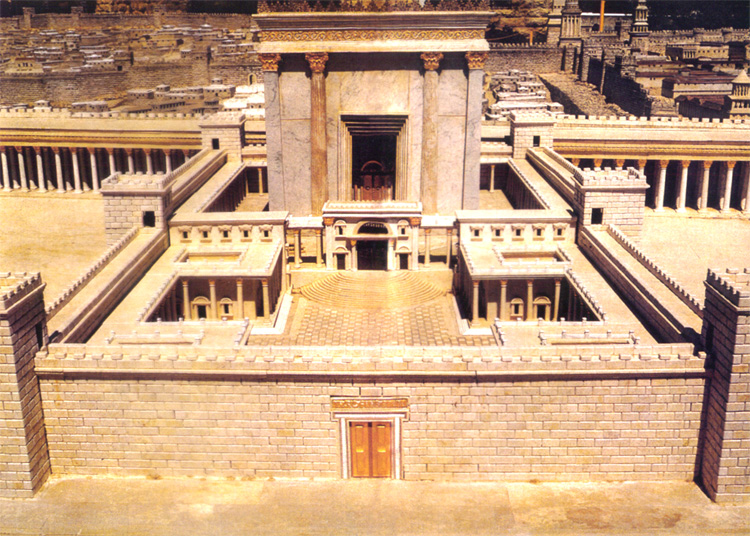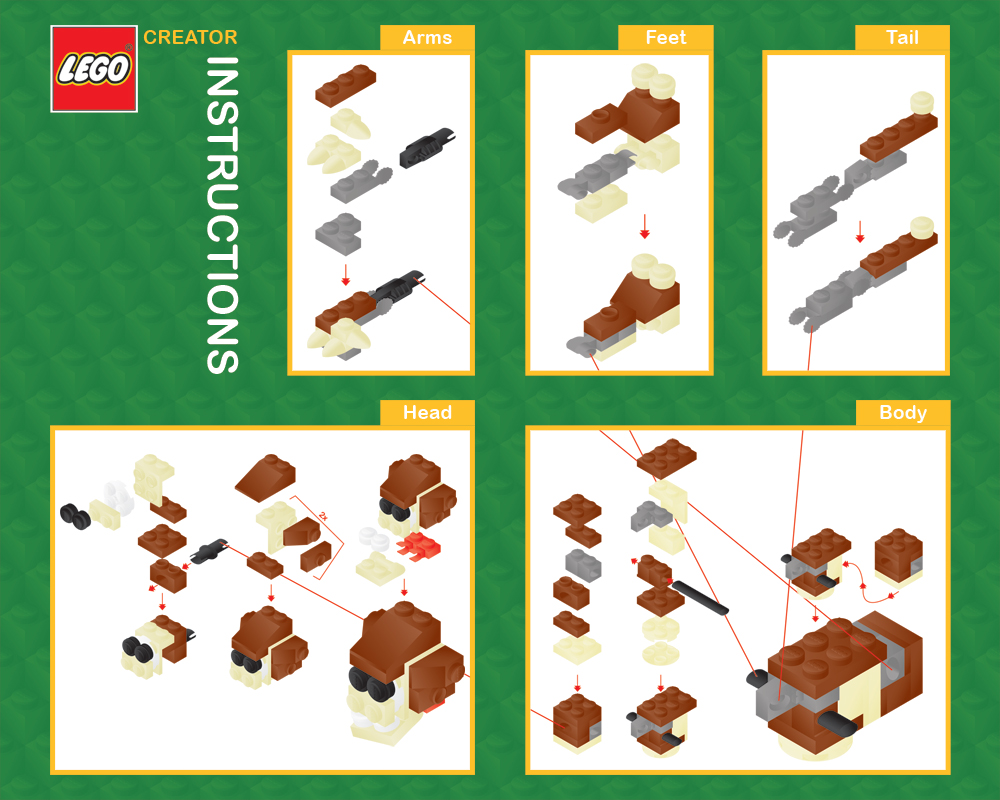
 |
Freethought & Rationalism ArchiveThe archives are read only. |
|
|
#31 |
|
Moderator -
Join Date: Sep 2004
Location: Twin Cities, Minnesota
Posts: 4,639
|
I think you have to remember that it wasn't just the ritual function which mattered to them, but the location as well. It was also the literal, physical location of God - the Shekinah, the literal physical presence of Yahweh.
So losing the Temple did not just mean losing their place of sacrifice, but (in their minds) losing their privileged access to God altogether. |
|
|
|
|
#32 |
|
Veteran Member
Join Date: Jun 2010
Location: seattle, wa
Posts: 9,337
|
But what's sacred about Jerusalem? It isn't even mentioned in the Pentateuch. As such it can't be sacred.
|
|
|
|
|
#33 | |
|
Moderator -
Join Date: Sep 2004
Location: Twin Cities, Minnesota
Posts: 4,639
|
Quote:
The Temple Mount was sacred because they thought God lived there. They thought God lived there because they were told that by Kings who wanted to co-opt cultic sacrifices by making the Temple in Jerusalem the only place it could be done. It evolved into a cultural attachment that became acute during the Babylonian exile ("we wept when we remembered Zion") and became central in the last few centuries before the destruction of the Temple. A lot of people (not just the Samaritans) rejected the Herodian Temple, but most (except for the Samaritans) still thought the LOCATION was right. It's the LOCATION that really matters the most. |
|
|
|
|
|
#34 | |||||
|
Veteran Member
Join Date: Jun 2010
Location: seattle, wa
Posts: 9,337
|
Quote:
Quote:
Quote:
Quote:
Quote:
 and the instructions are absolutely explicit - how did the Jews get to loving this:  especially when it was made - in contradiction to the explicit utterance of God - by him: 
|
|||||
|
|
|
|
#35 |
|
Veteran Member
Join Date: Jun 2010
Location: seattle, wa
Posts: 9,337
|
I don't think anyone here has ever read the pertinent sections of the Pentateuch. The command to build a tabernacle is explicit. Like Lego instructions.

|
|
|
|
|
#36 |
|
Veteran Member
Join Date: Jun 2010
Location: seattle, wa
Posts: 9,337
|
And just to make clear - I don't know the answer. I just think its a strange chain of events.
1. First you have to get the culture to the point that people ignore what is explicitly commanded in the Pentateuch 2. Then Herod builds this innovation at the same time that he has slaughtered most of the popular leaders of the Jewish people (= the Pharisees) 3. Then he establishes their adversaries (= the Sadducees) as the priesthood and they basically stay in control of the temple until its destruction 4. Then the circumstances of the Jewish War happen and the structure he built is razed to the ground. If you can get to this point - why didn't the Jews just rebuild some sort of a structure on the site of the altar after 70 CE? I know of no law preventing them from doing so. Then even if you accept that they didn't build a new structure (perhaps from a lack of money) why not continue the sacrifices? Or better yet - by what twisted logic did they justify not fulfilling the sacrifices they were commanded to make? And even if you accept all of this - how do we get to the point that their official position becomes - unless 'the temple' is rebuilt, the Jews now refuse to take part in the very sacrifices commanded by God and Moses? This is utterly baffling to me. |
|
|
|
|
#37 |
|
Veteran Member
Join Date: Sep 2003
Location: On the path of knowledge
Posts: 8,889
|
So one cannot help but wonder, What is your position on Solomon's building of The First Temple, and all of those Scriptural texts associated with it?
|
|
|
|
|
#38 |
|
Moderator -
Join Date: Sep 2004
Location: Twin Cities, Minnesota
Posts: 4,639
|
What I was trying to say was that it wasn't the building per se that they revered, but the ground underneath it.
The Qumran scrolls show contempt for Herod's Temple and and a belief that it would be miraculously replaced by Solomon's original Temple. Many DID see Herod's Temple as illegitimate and the Essenes refused to sacrifice at it, but those anti-Temple groups did not survive the Jewish-Roman wars. I'm listening to a podcast of the Bible Geek right now, and Robert Price just mentioned your name. Weird coincidence. |
|
|
|
|
#39 | |
|
Veteran Member
Join Date: Jun 2010
Location: seattle, wa
Posts: 9,337
|
Quote:
Rabbinic Judaism is mostly the product of people who had no connection to its religious past. Herod was just a name for them. They liked the idea of a 'big temple' and felt sad that they didn't live in the age to witness its splendor. |
|
|
|
|
|
#40 | |
|
Veteran Member
Join Date: Mar 2009
Location: England
Posts: 2,527
|
Quote:
Perhaps some groups of people have this reverence more in evidence than others. Their long history gives the Jews top slot here - but they are not alone. The Irish can give them a run for their money.....What other group of people have put their love of their land in so many songs? The Jews reflected their reverence and love for their land in OT prophecies. The Irish sing songs about their beloved land and it's history. A sacred land, a revered land, a loved land - are simply attempts to grasp, and reflect upon, the fundamental value to our lives of the land beneath our feet. A closeness to the land, an identity connected to the land - that's who we are as humans - tied forever to that land. Yes, of course, all the nationalistic propaganda can tarnish this very human connection - but it cannot either eliminate it or replace it. It is what it is. - and requires accommodation not attempts to discredit it. As to Herod's temple: Whatever went on there would be of no consequence to any remaining Hasmoneans - who had possibly high tracked to Alexandria anyway. It would be 37 b.c. that would be the end of a Jerusalem temple having any significance for them - not 70 c.e. Herod's temple was a den of thieves or robbers. Perhaps some Jews went along with the temple charade - politics can be compelling and override sensitivities at times - but the reality of the situation would not escape the notice of others. Jews today wanting a new temple in Jerusalem? Reclaiming history is probably part of it; OT prophetic interpretations etc. But that is only a veneer, a veneer that covers the much deeper human connection and reverence for the land, and to the city of Jerusalem, to which they have a historical tie. (OK - getting too far into politics here - no group of people has any moral claim on any specific piece of land.....On St Patrick's day, people the world over, want to be Irish for the day - not for living or moving to Ireland - but to celebrate the connection to their land that the Irish have in such abundance....  ) )
|
|
|
|
| Thread Tools | Search this Thread |
|